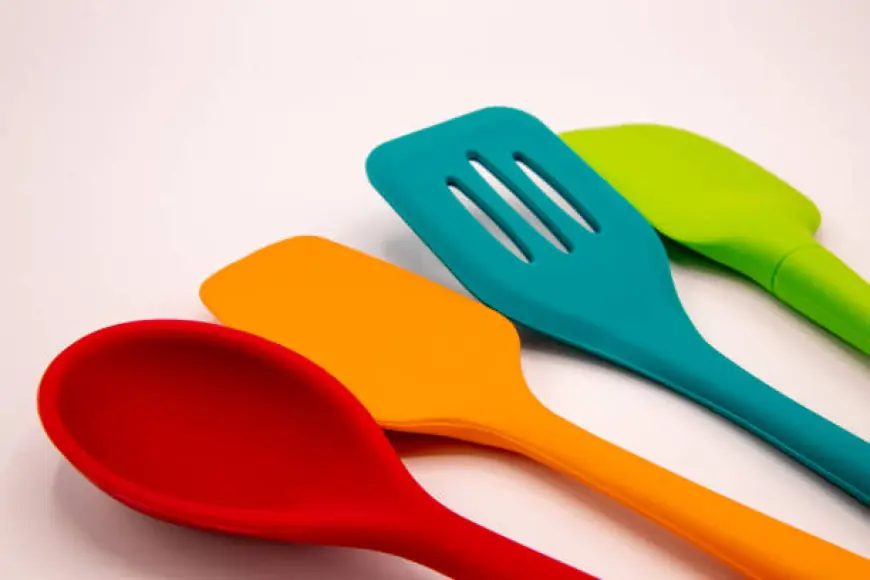Is Nylon Harmful for Cooking? Science-Backed Facts
Discover the truth about nylon in cooking. Learn if it's safe for food prep, heat exposure, and your health with science-backed insights in this informative guide.

Nylon kitchen utensils are popular for their lightweight and affordable design. However, many people wonder, is nylon safe for cooking? Let’s dive into the science to find out the truth.
What Is Nylon, and Why Is It Used in Cooking Utensils?
Nylon is a synthetic polymer made from petrochemicals, known for its durability and flexibility. Manufacturers use it to make spatulas, tongs, and other cooking utensils because it’s heat-resistant and affordable. Additionally, nylon is gentle on non-stick cookware, reducing the risk of scratches.
However, there are growing concerns about whether nylon is truly safe for cooking, especially at high temperatures. Understanding its properties helps address these concerns more accurately.
Heat Resistance of Nylon Cooking Utensils
Nylon utensils are generally heat-resistant up to around 400°F (204°C). While this may sound sufficient for most cooking methods, it becomes problematic during high-heat cooking like frying or grilling. Exposing nylon to higher temperatures may cause it to soften, deform, or even release harmful chemicals.
The primary worry is that nylon can break down and release substances like melamine and formaldehyde when exposed to high heat. These chemicals are potentially harmful and may pose health risks if they leach into food.
Are Nylon Cooking Utensils Safe for High-Temperature Cooking?
Many chefs and cooking enthusiasts now question, is nylon safe for cooking at high temperatures? The answer depends on the cooking method. For low to medium-heat cooking, nylon is typically safe. However, for frying or baking, where temperatures can exceed 400°F, it’s better to choose heat-resistant alternatives like silicone or stainless steel.
Some research indicates that cooking at high temperatures with nylon utensils may result in chemical migration into food. Although the health risks are not fully conclusive, caution is advised.
Potential Health Risks of Using Nylon Utensils
When nylon utensils degrade at high temperatures, they can release harmful chemicals that may enter your food. Melamine and formaldehyde are two substances associated with nylon breakdown. Ingesting these chemicals over time could potentially harm your health.
Health experts recommend using utensils specifically labeled as heat-resistant and avoiding prolonged exposure to high temperatures. This simple precaution can significantly reduce potential health risks.
Safe Alternatives to Nylon Utensils
To ensure safe cooking practices, consider switching to materials like silicone, stainless steel, or wood. Silicone utensils, in particular, can withstand temperatures up to 600°F (315°C), making them an excellent alternative. They are also gentle on non-stick cookware and resistant to staining and odors.
Stainless steel is another reliable option, especially for high-heat cooking, as it won’t leach chemicals or deform. Wooden utensils are also safe but may require extra maintenance to prevent cracking or warping.
Final Thoughts: Is Nylon Safe for Cooking?
When asking, is nylon safe for cooking, it’s essential to consider the cooking method and temperature. While nylon is generally safe for low to medium heat, it’s not recommended for frying or baking. Opting for more heat-resistant materials like silicone or stainless steel ensures better safety and longevity.
Be mindful of the utensils you choose, and always prioritize safety when cooking at high temperatures. By making informed decisions, you can minimize risks and cook with confidence.
What's Your Reaction?
 Like
0
Like
0
 Dislike
0
Dislike
0
 Love
0
Love
0
 Funny
0
Funny
0
 Angry
0
Angry
0
 Sad
0
Sad
0
 Wow
0
Wow
0




















































